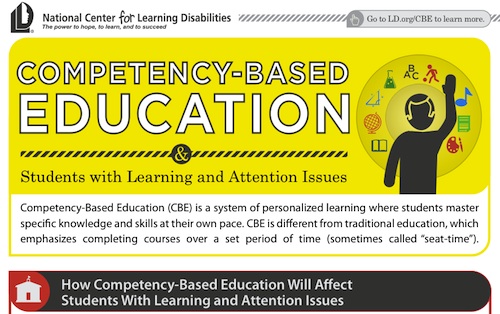Is Federal Control Hollowing Out US Education?

Yes, competency-based education is quite appropriate for the learning disabled, but should that model be applied to the population at large? For centuries, education was pitched to students in the top half, so what will be the result when government focuses on the bottom half? How can it be made to work while maintaining academic integrity?
In Colonial America, education at all levels was in the hands of the church. Yes, there was a “common core” of values based on the Bible, heritage, and tradition. Today the term common core is synonymous with a secular government control that attempts to manage the huddled masses of the welfare state.
Thanks to the IRS, the federal government now trickles down taxpayer collections to manage state and local educational policy. Besides common core, competency-based education is yet another federal trend to reform society, but one which promises an unprecedented hollowing of a once-strong academic world.
In such programs, students won’t have to earn college credits or even attend classes, though eventually their “competency” will be rewarded with a college degree. Sure, this approach always used to work with the cream of the intellectual crop, but what happens when applied to the underdog world of the unmotivated and those who would have been unfit for higher education? How can we make compulsory education look successful?
The best way is to practice social promotion, that is the awarding of diplomas based on union-like criteria such as time in grade. But can we assume that learning has taken place to match attendance records? The trouble with competency-based education programs is that traditional blind, objective measures of competency–that is testing–aren’t always in place. Perhaps too embarrassing for administrators and students alike.
As with soft, subjective criteria for awarding admission to college beyond standardized tests, competency-based education relies on faculty committees to make awards. Trouble is, faculty empowerment is at an all-time historical low. They do what the government dictates–or lose their jobs with poor performance ratings. Most students pass and get a diploma in this system. Statistics look great too.
Educational expert Johann N. Neem has hinted at how the numbers game, now a product of social engineering, may hollow out a once-strong American educational system: “Given the rising cost of tuition—caused in large part because of public defunding—President Obama and Secretary Duncan applaud any approach that will bring down the amount students and their parents have to pay or, more important, borrow, while also increasing the number of Americans with college degrees.” If nothing else, the economy will look good.
